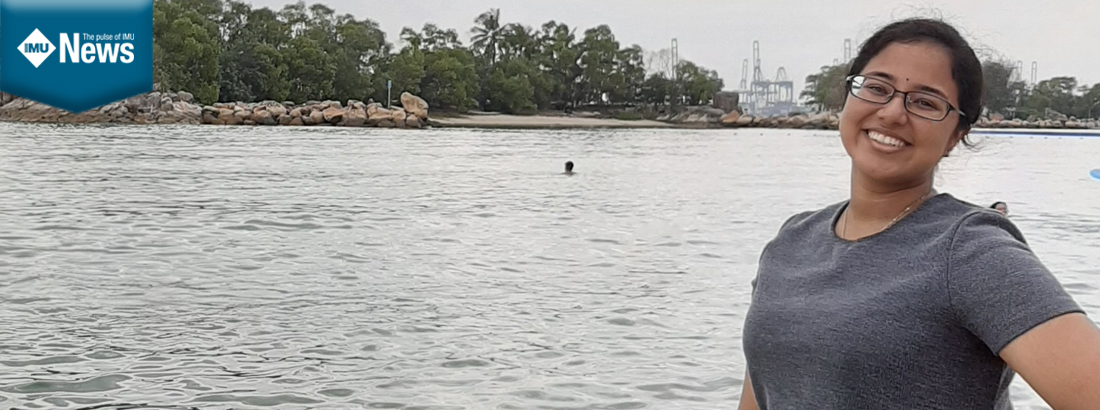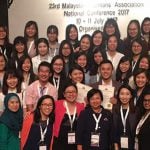In the final year of the IMU Biomedical Science programme, students are encouraged to seek internship placements spanning two and a half months in a research or clinical laboratory abroad. Shiroshini Periasamy chose to perform her attachment at Dr Su Xin Yi’s translational retinal therapy laboratory at the Institute of Molecular and Cell Biology (IMCB), A*STAR in Singapore. Explaining the reason for doing her internship at IMCB, Shiroshini said, “As a person who grew up in a relatively sheltered environment, I wanted to explore my independence and push my boundaries beyond my comfort zone. Furthermore, I became very interested in ophthalmology and therapy because a person close to me was affected by it in the months leading up to the internship. So I threw all my doubts and fears to the wind, sent in my application, and fortunately, was accepted under the wing of a research fellow, Dr Regha.”
| What has Shiroshini learnt from this internship? |
|---|
| “At the IMU, the curriculum ensured that I was well-equipped with the underlying theory behind these cutting-edge techniques, and the ability to understand and learn quickly. I was able to quickly adapt to the nuances of working alone as well as in a team, something I initially thought would have been challenging for me.” “However, I came to realise that when it came to it, I had the capacity to succeed and more. The realisation dawned on me because of this opportunity to explore not only a new environment, but my own skills and capabilities. My confidence level has increased and I am now more aware of the workings of a biomedical research laboratory, which would allow me to make an informed decision on my passion and career path post-graduation.” |
Besides all that, Shiroshini visited the many attractions of Singapore, made new friends and met new people.
She would like to take this opportunity to thank her supervisor at A*STAR, the lovely people she met there, as well as all the biomedical science lecturers who helped to facilitate such an amazing internship experience.











